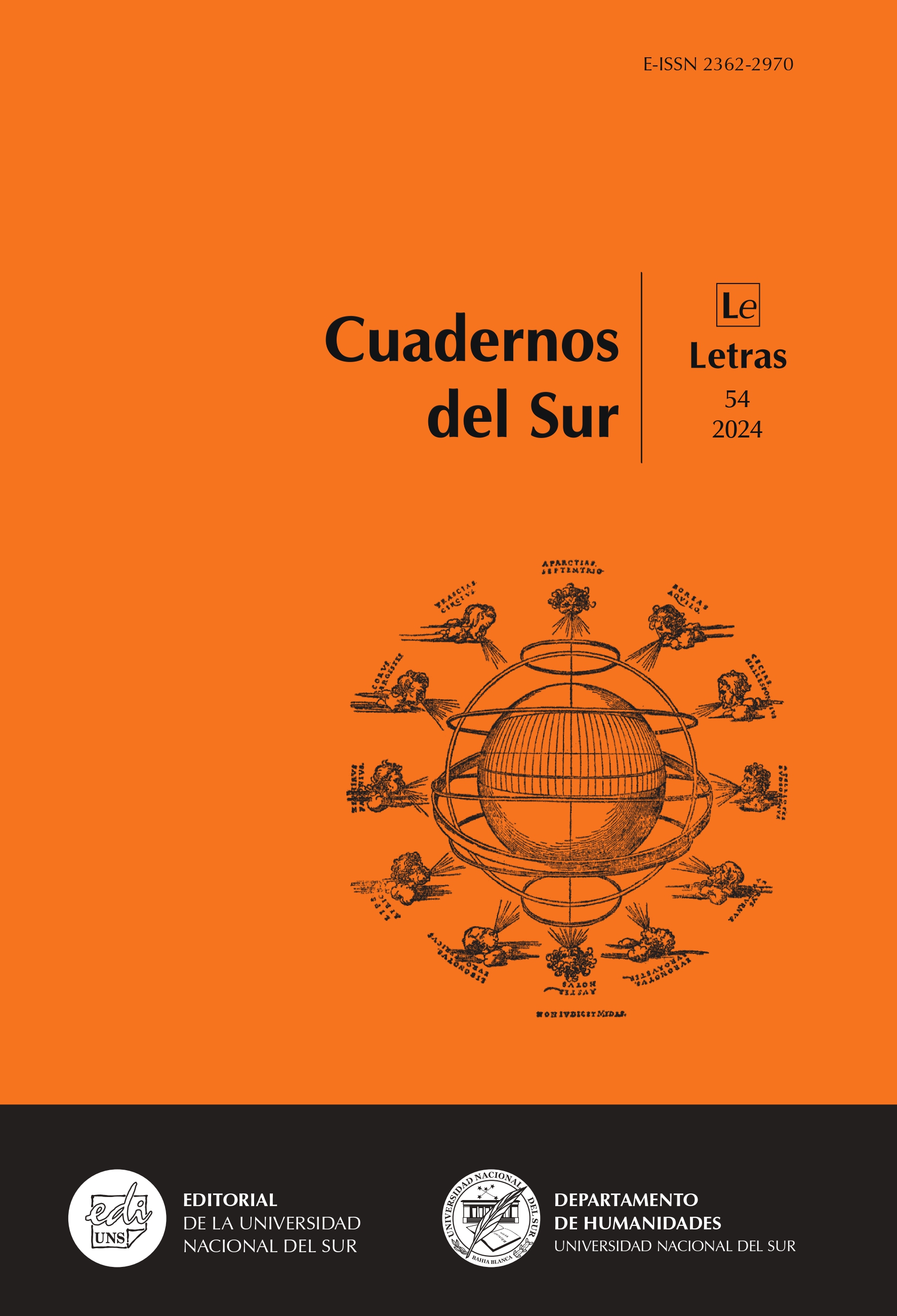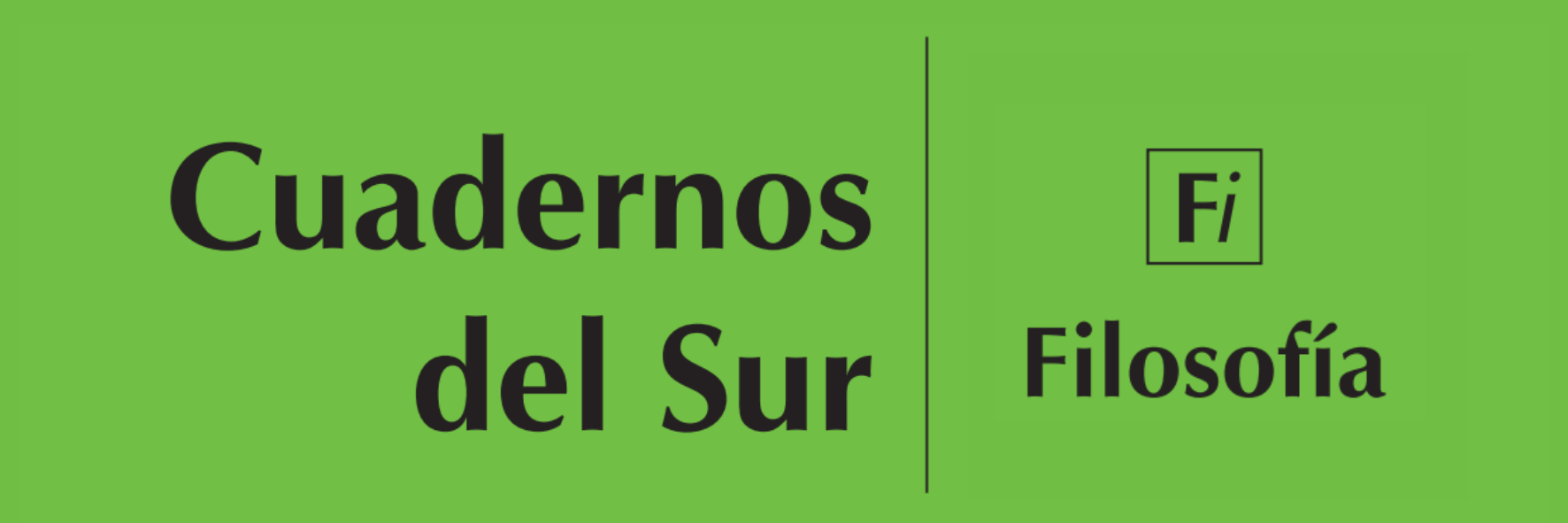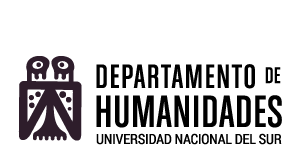Closing the gap between text and context in researching academic writing: revisiting ethnography as method, methodology and deep theorising
DOI:
https://doi.org/10.52292/csl5420244674Keywords:
ethnography, writing research methodologies, text trajectoriesAbstract
Exploring academic writing from a contextual perspective remains a fundamental concern in research projects aimed at exploring the nature of writing— what is 'academic writing'?—and the consequences of specific configurations of academic writing— who participates in academic writing and under what conditions? This article has two objectives: 1) to summarize the arguments I proposed in an English-medium publication in 2008 on how to avoid a textualist perspective in the study of academic writing, using empirical and conceptual resources provided by ethnography; 2) to offer some critical reflections on the arguments I originally presented, including a sharper articulation of the importance of the notion of indexicality to bridge the gap between text and context. Throughout the article, I include questions that have arisen since 2008 in publications and conversations with colleagues about the arguments made, as well as some brief reflections.
Downloads
References
Agar, Michael (1996), The professional stranger. An informal introduction to ethnography, NuevaYork, Academic Press.
----- (2006), “An ethnography by any other name”, Forum Qualitative Sozialforschung, vol. 7, n° 4, [disponible en https://doi.org/10.17169/fqs-7.4.177].
Angélil-Carter, Shelley (2000), Stolen language? Plagiarism in writing, Nueva York, Longman.
Angelova, Maria y Riazantsteva, Anastasia (1999), “‘If you don’t tell me, how can I know?’: A case study of four international students learning to write the U.S. way”, Written Communication, vol. 16, n° 4, pp. 491-525.
Ávila Reyes, Natalia (2022), “Literacy histories and talk around texts. Emphasising the emic to explore students’ perspectives on academic writing”, en Guillén-Galve, Ignacio y Bocanegra-Valle, Ana (eds.), Ethnographies of Academic Writing Research: Theory, methods and interpretation, Amsterdam-Philadelphia, Benjamins, pp. 125-144.
Ávila Reyes, Natalia et al. (2021), “‘My abilities were pretty mediocre’: Challenging deficit discourses in expanding higher education systems”, Journal of Diversity in Higher Education, vol. 16, n° 6, pp. 723-733.
Bakhtin, Mikhail (1986), “The problem of speech genres”, en Emerson, Caryl y Holquist, Michael (eds.), Speech genres and other late essays, Austin, University of Texas Press, [traducción de V.W.McGee, disponible en bajtin-el-problema-de-los-generos-discursivos.pdf (una.edu.ar)].
Barton, David y Hamilton, Mary (1998), Local literacies: Reading and writing in one community, Londres, Routledge.
Barton, David et al. (eds.) (2000), Situated Literacies. Reading and Writing in Context, Londres, Routledge.
Blommaert, Jean (2005), “Bourdieu the Ethnographer”, The Translator, vol. 11, n° 2, pp. 219-236.
----- (2006), “Language Policy and National Identity”, en Ricento, Thomas (ed.), An Introduction to Language Policy: Theory and Method, Oxford, Blackwell Publishing, pp. 238-254.
----- (2007), “On scope and depth in linguistic ethnography”, Journal of Sociolinguistics, vol. 11, n° 5, pp. 682-688.
Bourdieu, Pierre (1991), Language and symbolic power, Cambridge MA, Polity, [traducción de G. Raymond y M. Adamson].
Brodkey, Linda (1996), Writing permitted in designated areas only, Minneapolis, University of Minnesota Press.
Burawoy, Michael (1998), “The extended case method”, Sociological Theory, vol. 16, n° 1, pp. 5-32.
Christie, Hazel et al. (2016), “‘It all just clicked’: a longitudinal perspective on transitions within university”, Studies in Higher Education, vol. 41, n° 3, pp. 478-490.
Curry, Mary Jane y Lillis, Theresa (2004), “Multilingual scholars and the imperative to publish in English: Negotiating interests, demands, and rewards”, TESOL Quarterly, vol. 38, n° 4, pp. 663-688.
Dietz, Gunther (2011), “Hacia una etnografía doblemente reflexiva: una propuesta desde la antropología de la interculturalidad”, en Boletín Colegio de Etnólogos y Antropólogos Sociales. Nuevas epistemologías en Antropología: temas y abordajes, México, Colegio de Etnólogos y Antropólogos Sociales, pp. 45-62.
Eisner, Laura (2021), “Ensayar una voz: Un análisis interaccional de prácticas en torno a lo escrito en eventos de escritura colaborativa”, en Avila Reyes, Natalia (ed.), Multilingual Contributions to Writing Research: Toward an Equal Academic Exchange, Colorado, The WAC Clearinghouse, University Press of Colorado, pp. 175-198, [disponible en DOI: 10.37514/INT-B.2021.1404.2.07].
Ellsworth, Elizabeth (1994), “Why doesn’t this feel empowering? Working through the repressive myths of critical pedagogy”, en Stone, Lynda (ed.), The education feminism reader, Londres, Longman, pp. 300-326, [1989].
Escobar V., Arturo (1998), La invención del Tercer Mundo: Construcción y deconstrucción del desarrollo, Santa Fe de Bogotá, Editorial Norma.
Geertz, Clifford (1973), The interpretation of cultures, Nueva York, Basic Books.
Gentil, Guillaume (2005), “Commitments to academic biliteracy. Case studies of francophone writers”, Written Communication, vol. 22, n° 4, pp. 421-471.
Giacometti Paris, Larissa et al. (2022), “Efeitos da valorizacao de una produtividade quantitiva em practicas de escrita academiac no doutorado”, en Letramentos Acadêmicos no Brasil: diálogos e mediações em homenagem a Raquel Salek Fiad, [disponible en https://pedroejoaoeditores.com.br/produto/letramentos-academicos-no-brasil-dialogos-e-mediacoes-em-homenagem-a-raquel-salek-fiad/].
Gosden, Hugh (1995), “Success in research article writing and revision: A social-constructionist perspective”, English for Specific Purposes, vol. 14, n° 1, pp. 37-57.
Gumperz, John (1982), Discourse strategies, Cambridge, Cambridge University Press.
Gumperz, John y Hymes, Dell (eds.) (1972), Directions in Sociolinguistics: The Ethnography of Communication, Nueva York, Holt, Rinehart & Winston.
Haas, Christina (1994), “Learning to read biology: One student's rhetorical development in college”, Written Communication, vol. 11, n° 1, pp. 43-84.
Hammersley, Martyn (1994), “Introducing ethnography”, en Graddol, David et al. (eds.), Researching language and literacy in social context, Clevedon-Milton Keynes, Multilingual Matters-OUP, pp. 1-17.
----- (2006), “Ethnography: Problems and prospects”, Ethnography and Education, vol. 1, n° 1, pp. 3-14.
Haraway, Donna (1988), “Situated Knowledges: The Science Question in Feminism and the Privilege of Partial Perspective”, Feminist Studies, vol. 14, n° 3, pp. 575-599.
Hernández-Zamora, Gregorio (2019), “De los nuevos estudios de literacidad a las perspectivas decoloniales en la investigación sobre literacidad”, Íkala, Revista de Lengua y Cultura, vol. 24, n° 1, pp. 363-386.
Hymes, Dell (1974), Foundations in sociolinguistics: An ethnographic approach, Philadelphia, University of Pennsylvania Press.
----- (1996), “Speech and language: on the origins and foundations of inequality among speakers”, en Ethnography, Linguistics, Narrative Inequality. Towards an Understanding of Voice, Londres, Taylor and Francis, pp. 25-62, [1973].
Ivanič, Rosalind (1998), Writing and identity: The discoursal construction of identity in academic writing, Amsterdam, John Benjamins.
Jones, Carys et al. (eds.) (1999), Students writing in the university: Cultural and epistemological issues, Amsterdam, John Benjamins.
Kell, Catherine (2010), “Ethnographic studies and adult literacy policy in South Africa”, en Coffin, Caroline et al. (eds.), Applied Linguistics Methods. A Reader, Londres, Routledge, pp. 216-233.
Knorr-Cetina, Karen (1981), The manufacture of knowledge: An essay on the constructivist and contextual nature of science, Oxford, Pergamon.
Kubota, Ryuko (2020), “Confronting Epistemological Racism, Decolonizing Scholarly Knowledge: Race and Gender in Applied Linguistics”, Applied Linguistics, vol. 41, n° 5, pp.712-732.
Lather, Patti (1991), Getting smart. Feminist research and pedagogy with/in the postmodern, Nueva York, Routledge.
Lea, Mary y Street, Brian (1998), “Student writing in higher education: An academic literacies approach”, Studies in Higher Education, vol. 23, n° 2, pp. 157-172.
Leung, Constant (2005), “Convivial communication: Recontextualizing communicative competence”, International Journal of Applied Linguistics, vol. 15, n° 2, pp.119-143.
Lillis, Theresa (2001), Student writing: Access, regulation, desire, Londres, Routledge.
----- (2008), “Ethnography as method, methodology and ‘deep theorising’: closing the gap between text and context in academic writing research”, Written Communication, vol. 25, n° 3, pp. 353-388.
----- (2009), “‘Bringing writers' voices to writing research: talk around texts”, en Carter, Awena et al.(eds.), Why writing matters: Issues of access and identity in writing research and pedagogy, Amsterdam, Benjamins, pp. 169-187
----- (2018), “Resistir regímenes de evaluación en el estudio del escribir: hacia un imaginario enriquecido”, Signo y pensamiento, vol. 36, n° 71, pp. 66-81.
----- (2021a), “El enfoque de literacidades académicas: sostener un espacio crítico para explorar la participación en la academia”, Enunciación, vol. 26, pp. 55-67, [2019, traducción de L. Eisner, disponible en https://doi.org/10.14483/22486798.16987].
----- (2021b), “Prefacio. Herramientas para construir una pedagogía inclusiva de la escritura”, en Navarro, Federico (ed.), Escritura e inclusión en la universidad. Herramientas para docentes, Santiago de Chile, Editorial Universitaria, pp. 19-44.
Lillis, Theresa et al. (eds.) (2015), Working with academic literacies: case studies towards transformative practice, Anderson South Carolina, Parlor Press, [disponible en http://wac.colostate.edu/books/lillis/].
Lillis, Theresa y Curry, Mary Jane (2006a), “Professional academic writing by multilingual scholars: interactions with literacy brokers in the production of English medium texts”, Written Communication, vol 23, n° 1, pp. 3-35.
----- (2006b), “Re-framing notions of ‘competence’ in multilingual scholarly writing: From individual to networked activity”, Revista Canaria de Estudios Ingleses, n° 53, pp. 63-78.
----- (2010), Academic writing in a global context, Londres-Nueva York, Routledge.
----- (2015), “The politics of English, language and uptake: The case of international academic journal article reviews”, AILA Review, vol. 28, pp. 127-150.
----- (2022), “The dynamics of academic knowledge making in a multilingual world: Chronotopes of production”, Journal of English for Research and Publication Practices, vol. 3, n° 1, pp. 111–144.
Lillis, Theresa y Scott, Mary (2007), “Defining academic literacies research: issues of epistemology, ideology and strategy”, Journal of Applied Linguistics, vol. 4, n° 1, pp. 5-32.
Malinowski, Bronislaw (1923), “The problem of meaning in primitive languages”, en Ogden, Charles K. y Richards, Ivor A. (eds.), The meaning of meaning, Londres, Kegan Paul, pp. 451-510.
Maybin, Janet (1994), “Children’s voices: Talk, knowledge and identity”, en Graddol, David et al. (eds.), Researching language and literacy in social context, Clevedon, Multilingual Matters, pp. 131-150.
----- (2006), Children's voices: talk, knowledge and identity, Basingstoke, Palgrave Macmillan.
----- (2017), “Textual trajectories: Theoretical roots and institutional consequences”, Text & Talk, vol. 37, n° 4, pp. 415-435.
Mignolo, Walter (2007), “DELINKING. The rhetoric of modernity, the logic of coloniality and the grammar of de-coloniality”, Cultural Studies, vol. 21, n° 2, pp. 449–514.
Moquillaza Sanchez, Janina (2022), “Antropología social y cultural. ¿Por qué? ¿Para qué? ¿Para quién?”, en Leisser, Giannina et al. (eds.), Ciencia holística en educación frente a la globalización, Lima, Grupo Empresarial Amotape S.A.C., pp. 153-166.
Price, Margaret (2007), “Accessing disability: A non disabled student works the hyphen”, College, Composition and Communication, vol. 59, n° 1, pp. 53-76.
Prior, Paul (1998), Writing disciplinarity: A sociohistoric account of literate activity in the academy, Mahwah, Lawrence Erlbaum.
Quijano, Aníbal (1992), “Modernidad, colonialidad y America Latina”, Perú Indígena, vol. 13, n° 29, pp. 11-20.
Rampton, Ben (2007), “Neo-Hymesian linguistic ethnography in the United Kingdom”, Journal of Sociolinguistics, vol. 11, n° 5, pp. 584-607.
Rampton, Ben et al. (2015), “Theory and method in linguistic ethnography”,en Snell, Julia et al. (eds.), Linguistic ethnography, Londres, Palgrave Macmillan, pp. 11-50.
Rana, Jasmín (2018), “The Continuous Decolonization of Anthropology: The Case of Muslims in Europe”, Etnofoor, vol. 30, n° 2, pp. 77-82.
Sarangi, Srikant (2006), ”The conditions and consequences of professional discourse studies”, en Kiely, Richard et al. (eds.), Language, culture and identity in applied linguistics, Londres, Equinox, pp. 199-220.
----- (2007), “The anatomy of interpretation: Coming to terms with the analyst’s paradox in professional discourse studies [Editorial]”, Text, vol. 27, n° 5, pp. 567-584.
Scott, Mary y Turner, Joan (2005), “Creativity, conformity and complexity in academic writing: Tensions at the interface”, en Baynham, Mike et al. (eds.), Applied linguistics at the interface (British Studies in Applied Linguistics, Vol. 19), Londres, Equinox, pp. 145-155.
Sena Martins, Bruno (2016), “Antropología y poscolonialismo. La memoria postabismal”, Revista andaluza de antropología, n° 10, pp. 102-118.
Silverstein, Michael y Urban, Greg (1996), Natural Histories of Discourse, Chicago, University of Chicago Press.
Sito, Luanda y Kleiman, Ángela B. (2016), “‘Eso no es lo mío’: un análisis de conflictos en la apropiación de prácticas de literacidad académica”, Universitas Humanística, n° 83, [disponible en https://doi.org/10.11144/Javeriana.uh83.aca].
Smith, Dorothy (1999), Writing the social: Critique, theory and investigations, Toronto, University of Toronto Press.
Spack, Ruth (1997), “The acquisition of academic literacy in a second language. A longitudinal case study”, Written Communication, vol. 14, n° 1, pp. 3-62.
Street, Brian (1984), Literacy in Theory and Practice, Cambridge, Cambridge University Press.
Thesen, Lucia y van Pletzen, Ermien (eds.) (2006), Academic Literacy and the Languages of Change, Londres, Continuum.
Van Maanen, John (1995), “An end to innocence. The ethnography of ethnography”, en Van Maanen, John (ed.), Representation in ethnography, Thousand Oaks, CA, Sage, pp. 1-35.
Zavala, Virginia (2011), “La escritura académica y la agencia de los sujetos”, Cuadernos Comillas, vol. 1, n° 56, pp. 52-66.
How to Cite
Issue
Section
License
Copyright (c) 2024 Theresa Lillis

This work is licensed under a Creative Commons Attribution-NonCommercial-ShareAlike 4.0 International License.
Aquellos autores/as que tengan publicaciones con esta revista, aceptan los términos siguientes:
- Los autores/as conservarán sus derechos de autor y garantizarán a la revista el derecho de primera publicación de su obra, el cuál estará simultáneamente sujeto a la licencia Atribución-No Comercial 4.0 Internacional CC BY-NC 4.0.
- Los autores/as podrán adoptar otros acuerdos de licencia no exclusiva de distribución de la versión de la obra publicada (p. ej.: depositarla en un archivo telemático institucional o publicarla en un volumen monográfico) siempre que se indique la publicación inicial en esta revista.
- Se permite y recomienda a los autores/as difundir su obra a través de Internet (p. ej.: en archivos telemáticos institucionales o en su página web) una vez publicado su trabajo, lo cual puede producir intercambios interesantes y aumentar las citas de la obra publicada. (Véase El efecto del acceso abierto).










